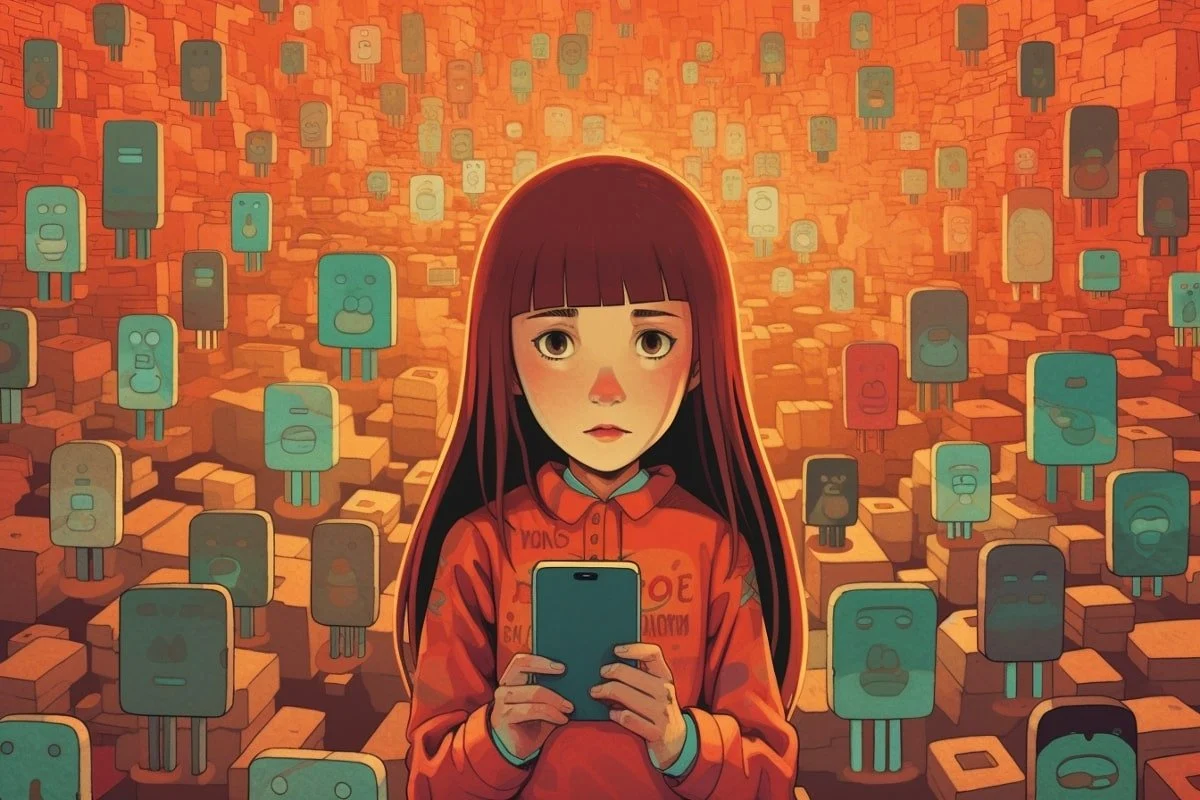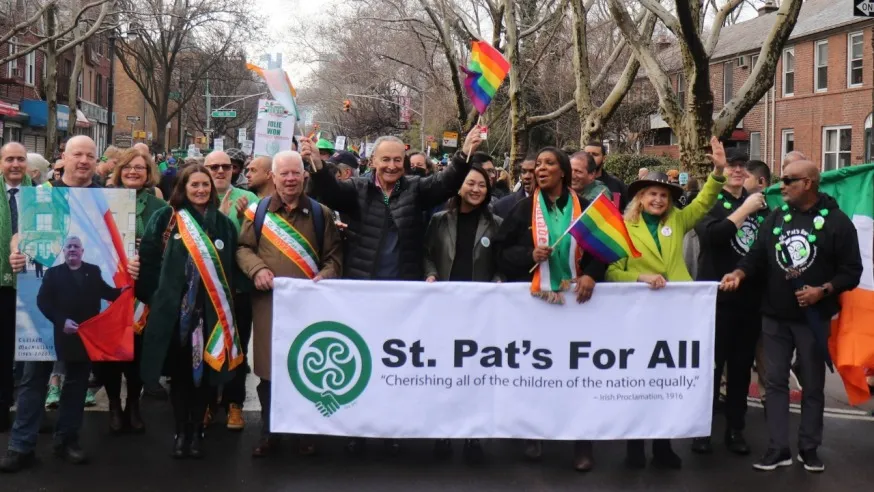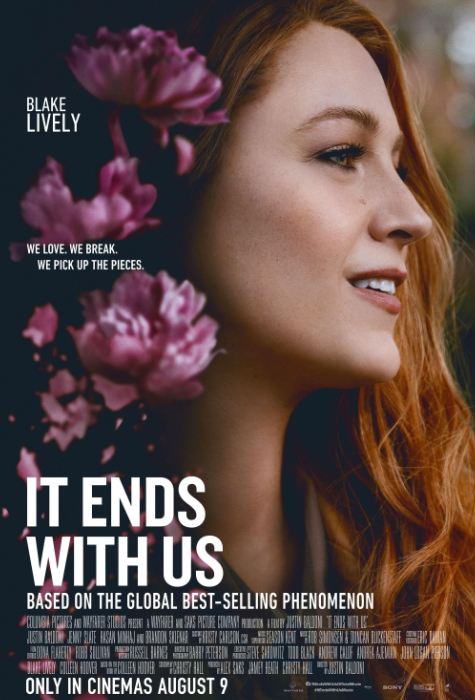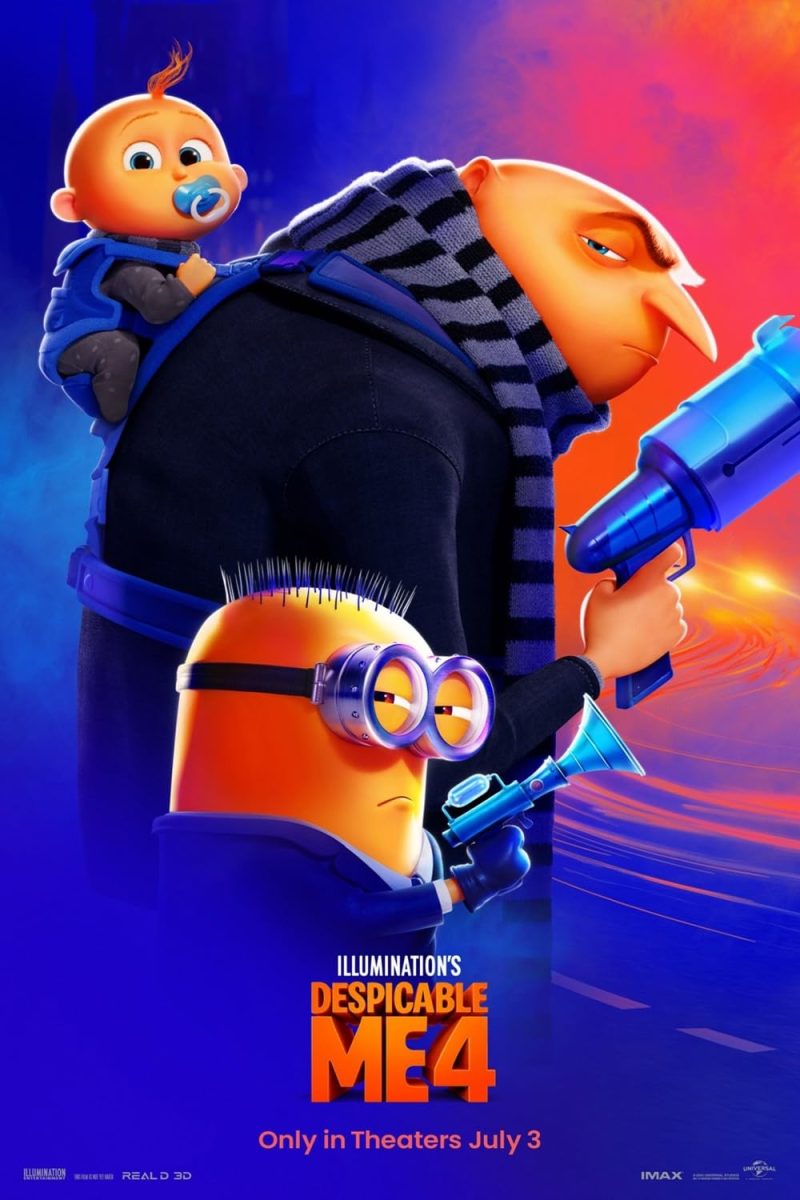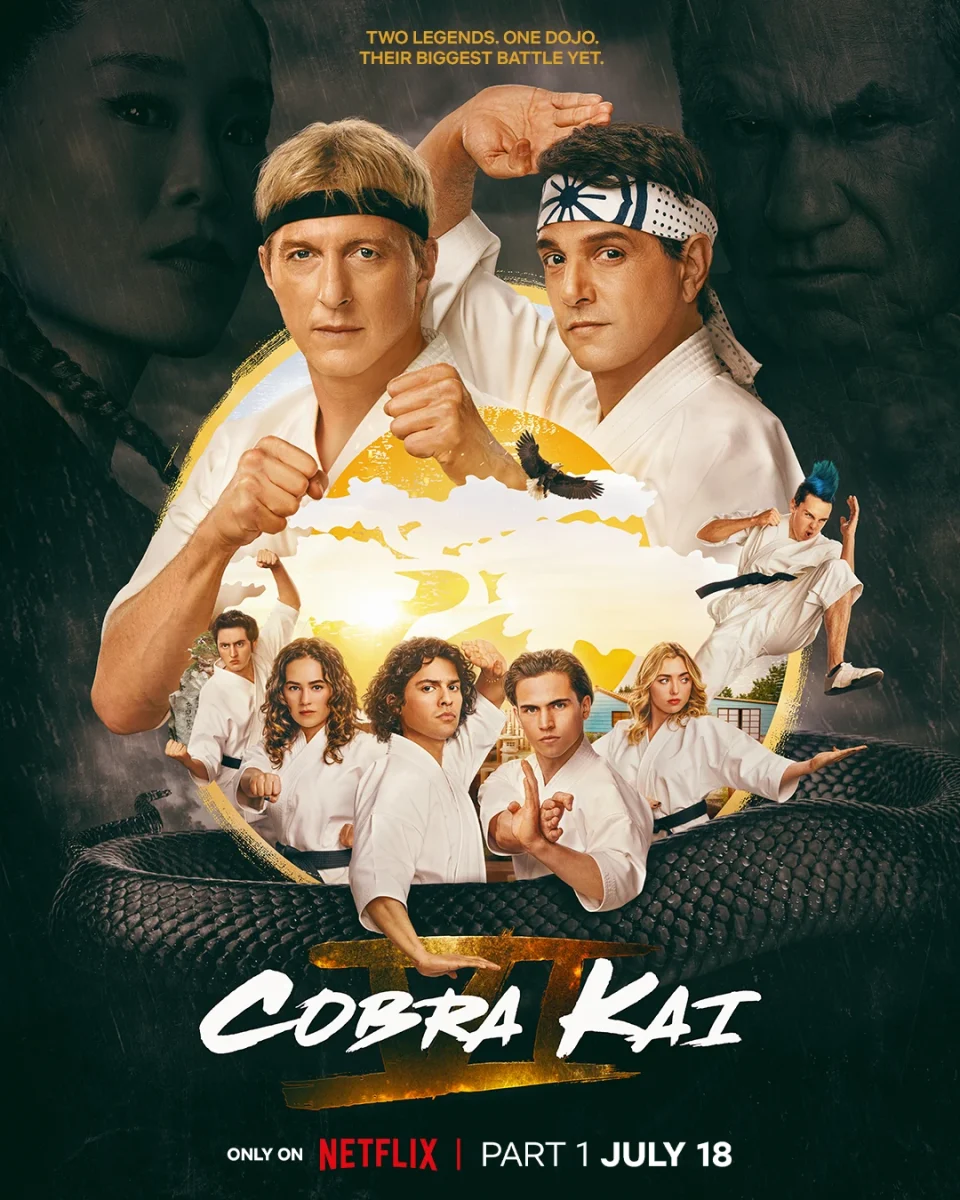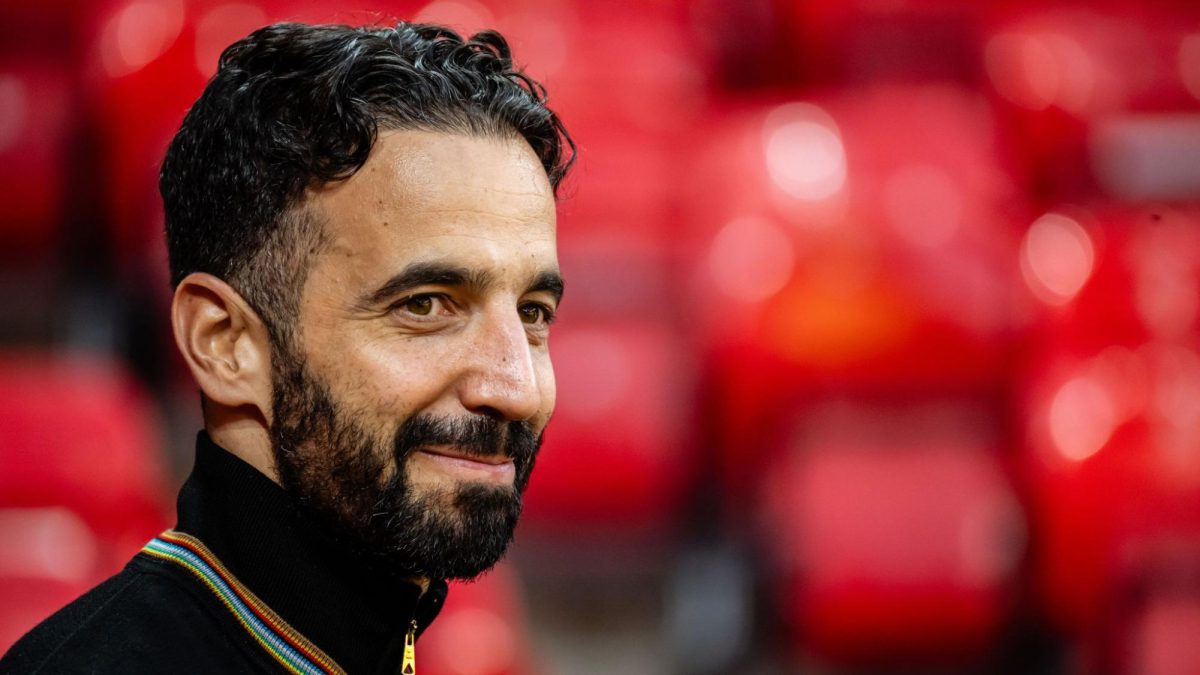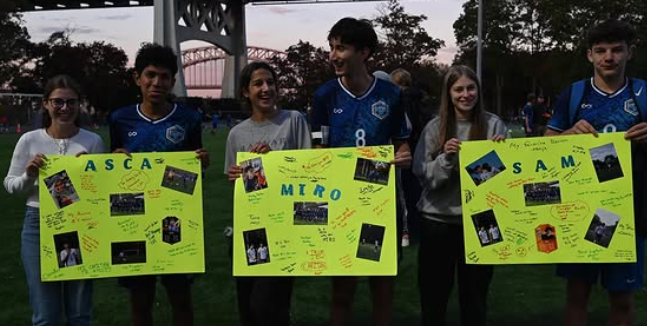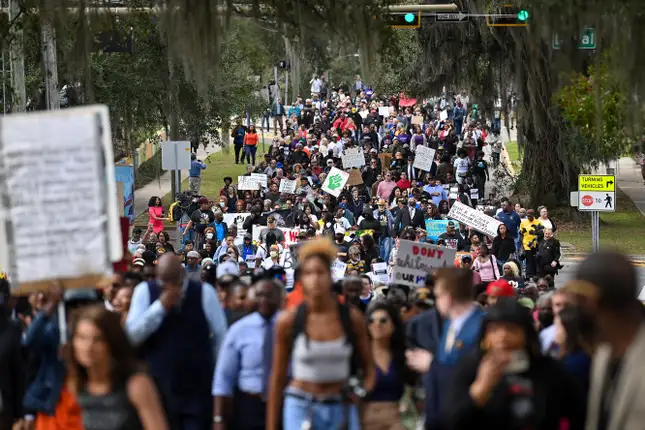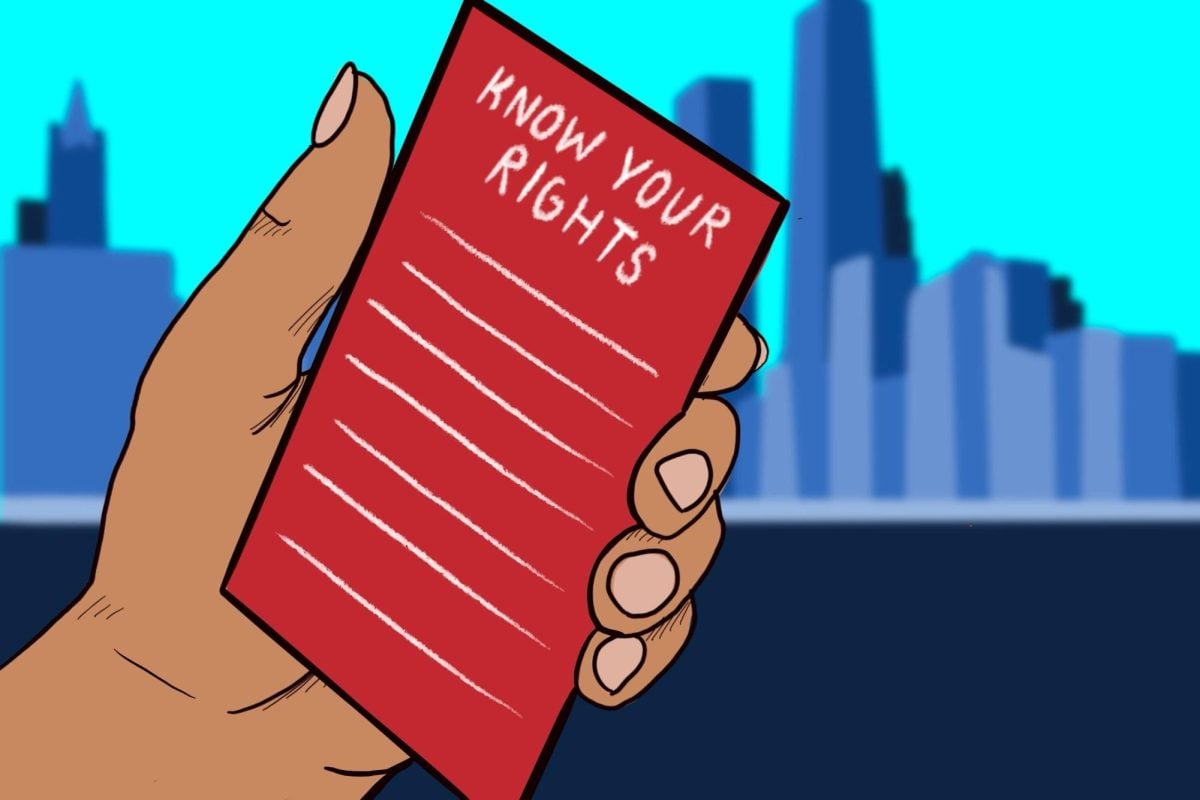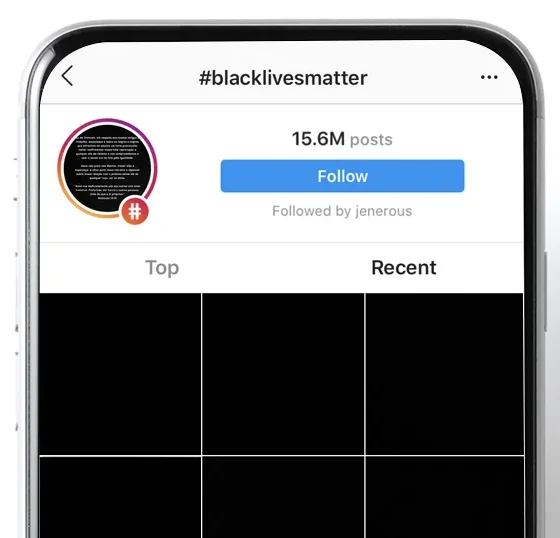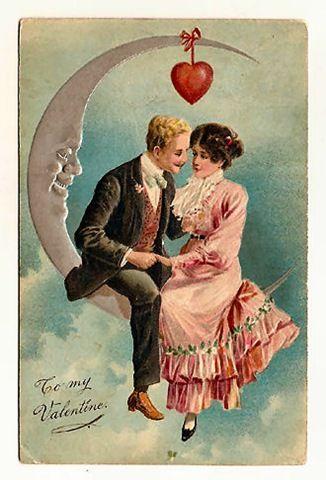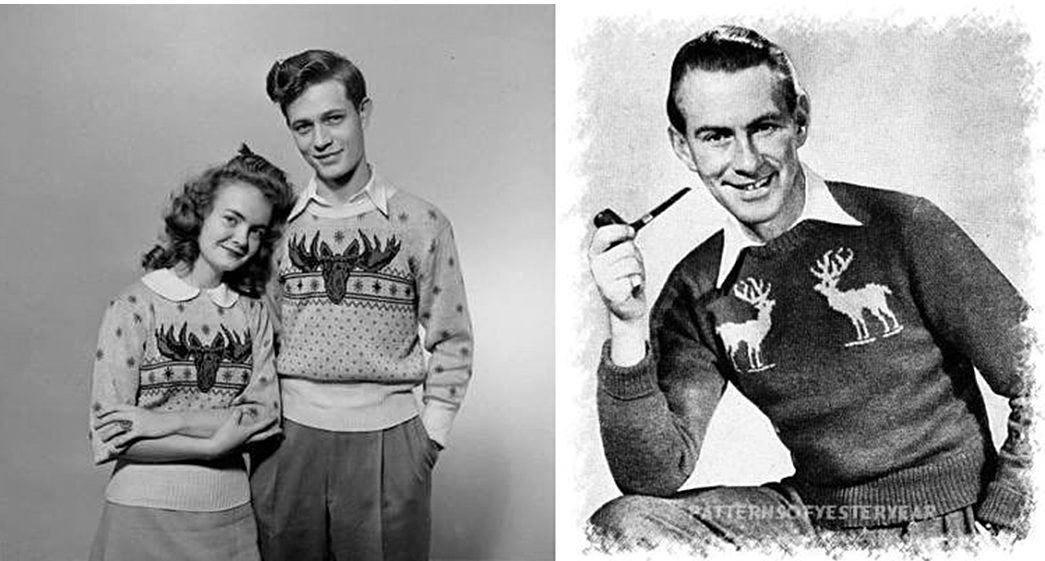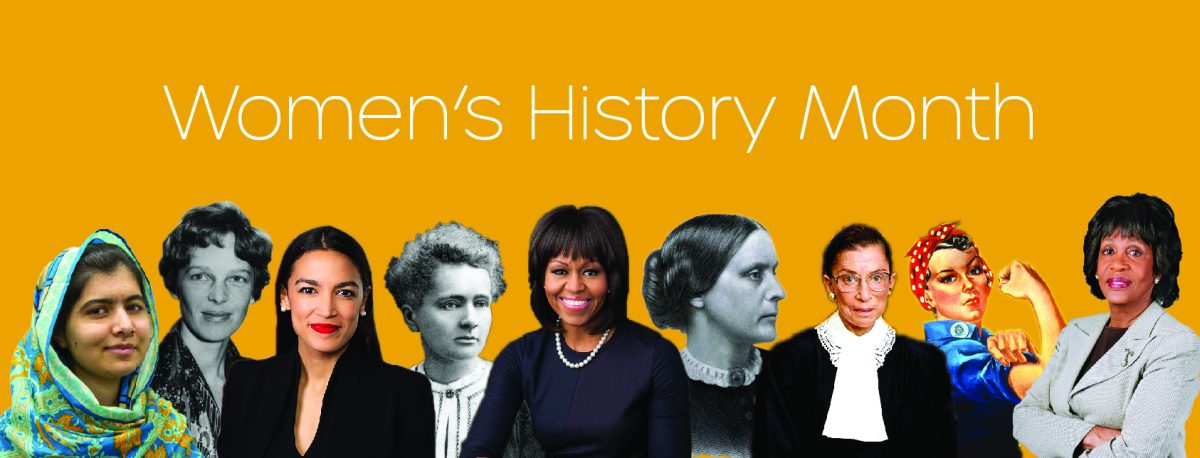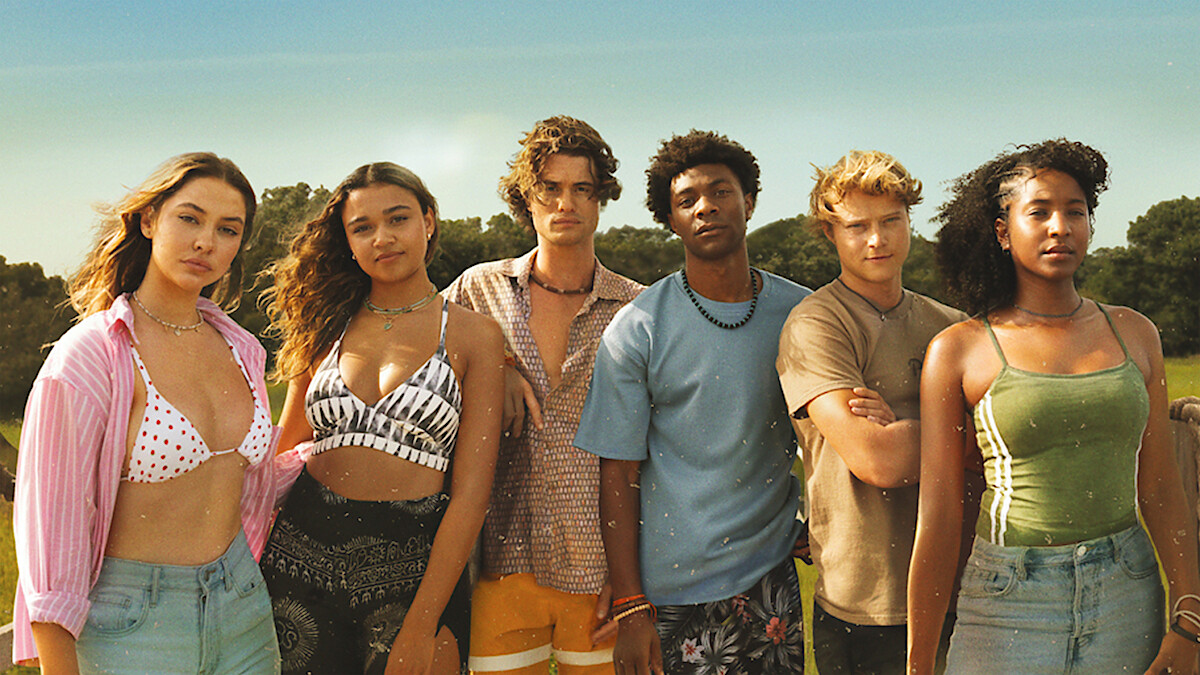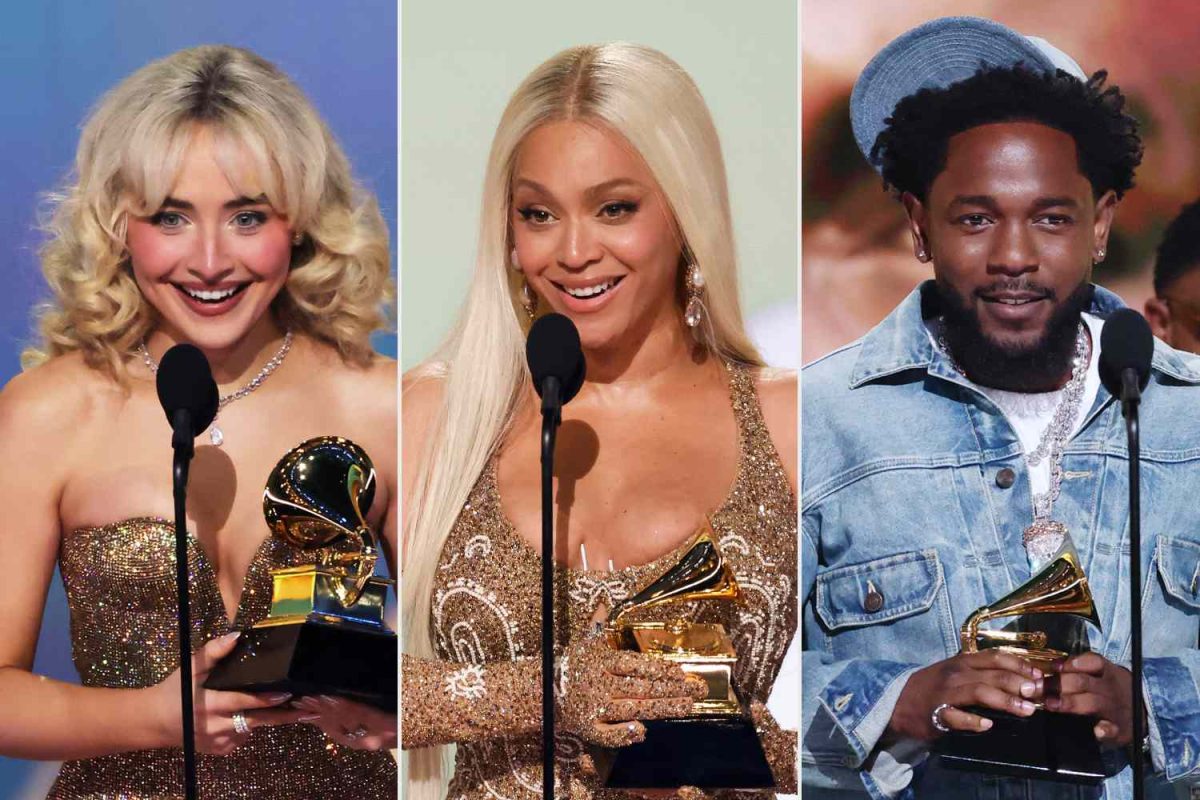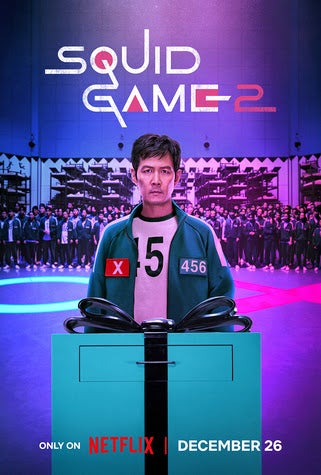Colleen Hoover’s It Ends With Us became a viral sensation among young readers, praised for the novel’s emotional depth and strong message of resiliency against domestic violence. Fans were thrilled upon hearing the news that the book would be adapted into a movie, waiting eagerly to see Lily Bloom’s life on screen. Yet since the movie was released in August 2023, many have expressed mixed feelings about whether the film adhered to the novel.
One of the greatest differences in the movie was the way that certain scenes were softened or altered, namely those that dealt with Lily’s relationship with Ryle. Hoover provides an extremely emotional and detailed account of Lily’s experience in the book, which makes readers sense her inner conflict as she tries to deal with love, trauma, and self-esteem. Some students felt that the movie softened these themes, making the impact of Lily’s journey less intense.
“I was eagerly anticipating how they would portray Lily and Ryle’s relationship, it’s really complex,” said 11th-grader Amanna M. “But I think the movie skipped over some of the most critical scenes, and didn’t feel as powerful as it did in the book..”
Another big point of contention was casting. While many fans loved Blake Lively in the starring role, some felt that the age differences between the actors and their characters made it harder to connect with them. Lively, who is 36 years old, played Lily, 23 year-old in the book, while Justin Baldoni, at 40, portrayed Ryle, who is meant to be 30. “I imagined Lily differently when I read the book,” said Fernando D. “Blake Lively is a cool actress, but she didn’t portray Lily like I envisioned.”
Beyond just the storytelling choices, the marketing of the movie stirred controversy. Many fans were frustrated with how the actors and director chose to present the film in interviews, often describing it as a light-hearted romance despite its heavy themes of domestic violence. This jarring disconnect often left the audience feeling misled about the true aim of the movie and the intention of the directors. Critics pointed out that interviews often framed the movie as a love story, rather than focusing on its important message about abuse and survival, which many found disappointing given the novel’s impact and purpose.
Another common critique revolved around costume design. Many viewers felt that the styling choices, particularly for Lily Bloom, aged her significantly or didn’t fit the character’s youthful, free-spirited nature. Some fans even noted that the wardrobe and hair choices, rather than helping bring Lily’s character to life, created an unnecessary distraction that further distanced them from the story.
Some students who had only viewed the movie were perplexed about key plot elements. “I never read the book, but I knew parts of the story were missing,” expressed Beverly J. “Some of the characters felt underdeveloped, and I didn’t quite get their motivations. It sometimes felt like I was left out of a inside joke or something, its weird to explain”
Although the book and movie had similarities, there were a number of differences. Nathalie P. for instance, said that although the movie adaptation wasn’t necessarily just like the book, it made the story and its message more noticed. “Not everybody’s going to read the book,” she explained, “but now more people are aware of these significant issues.”
Ultimately, the It Ends With Us movie has created conversation among students about whether progress in book-to-film translations strengthens or detracts from the original story. While some book fans appreciated seeing their favorite novel come to life, others had concerns that vital emotional moments went overlooked. Success or failure of the movie, one thing rings true—Colleen Hoover’s story continues to make its impression, both in book form and on screen.
Personally, I felt that while the movie had its strengths—especially in bringing It Ends With Us to a wider audience—it didn’t fully capture the emotional weight of the book. The novel’s raw storytelling and Lily’s internal struggles are what made it so impactful, and I think the film lost some of that depth by condensing key moments. That being said, I still appreciate the effort to bring this story to the big screen, and I hope it encourages more people to read the book and truly process the powerful message behind it.



